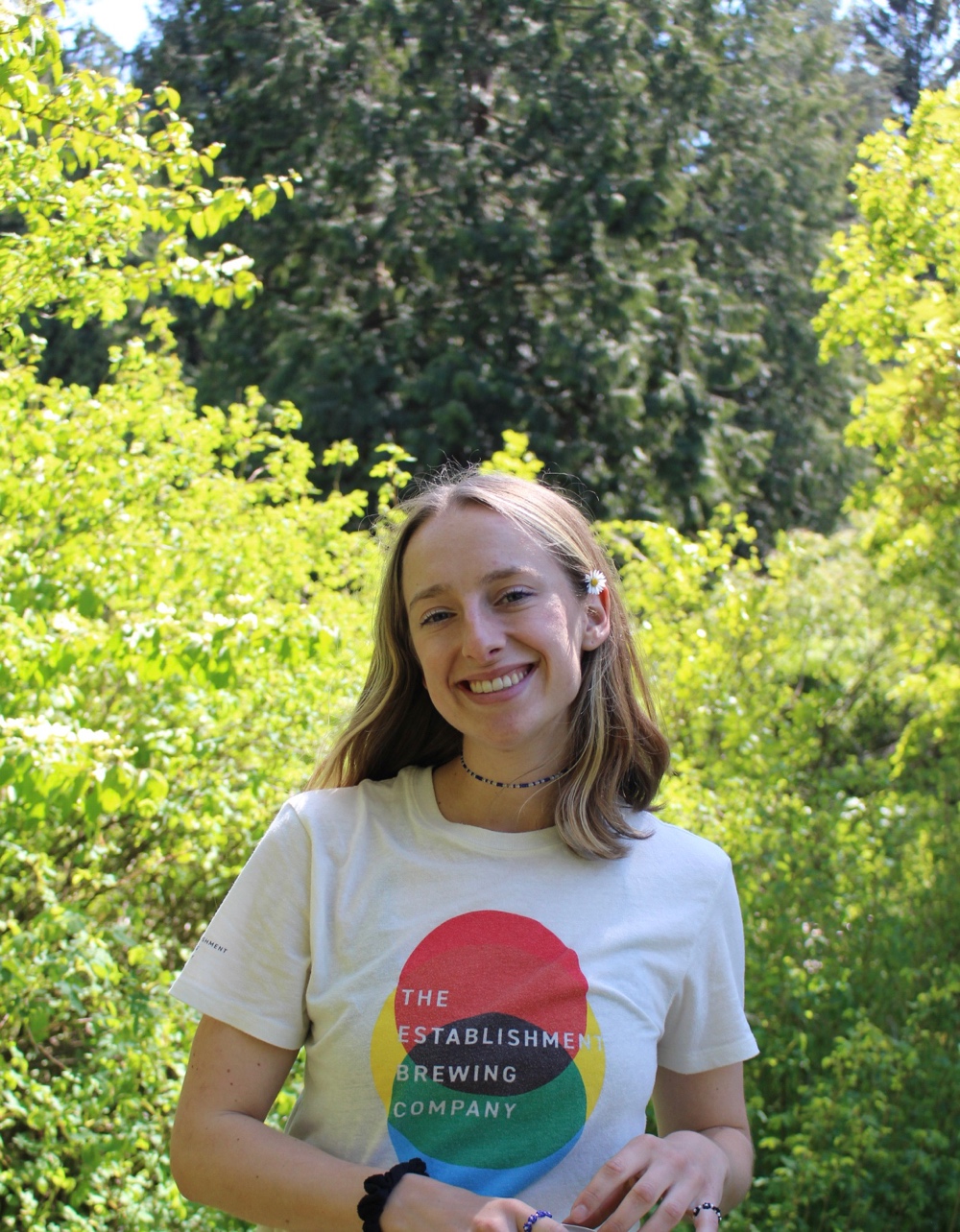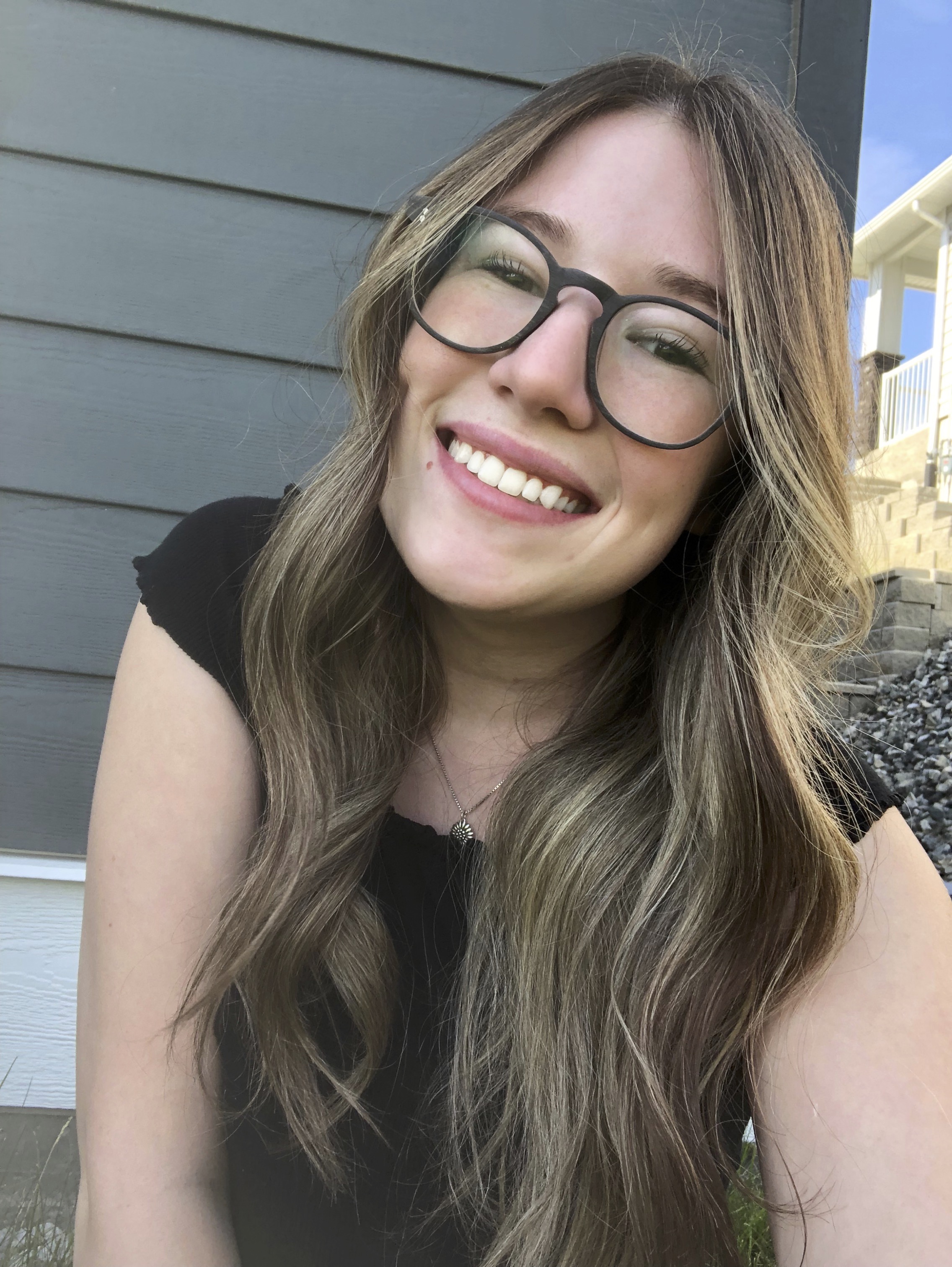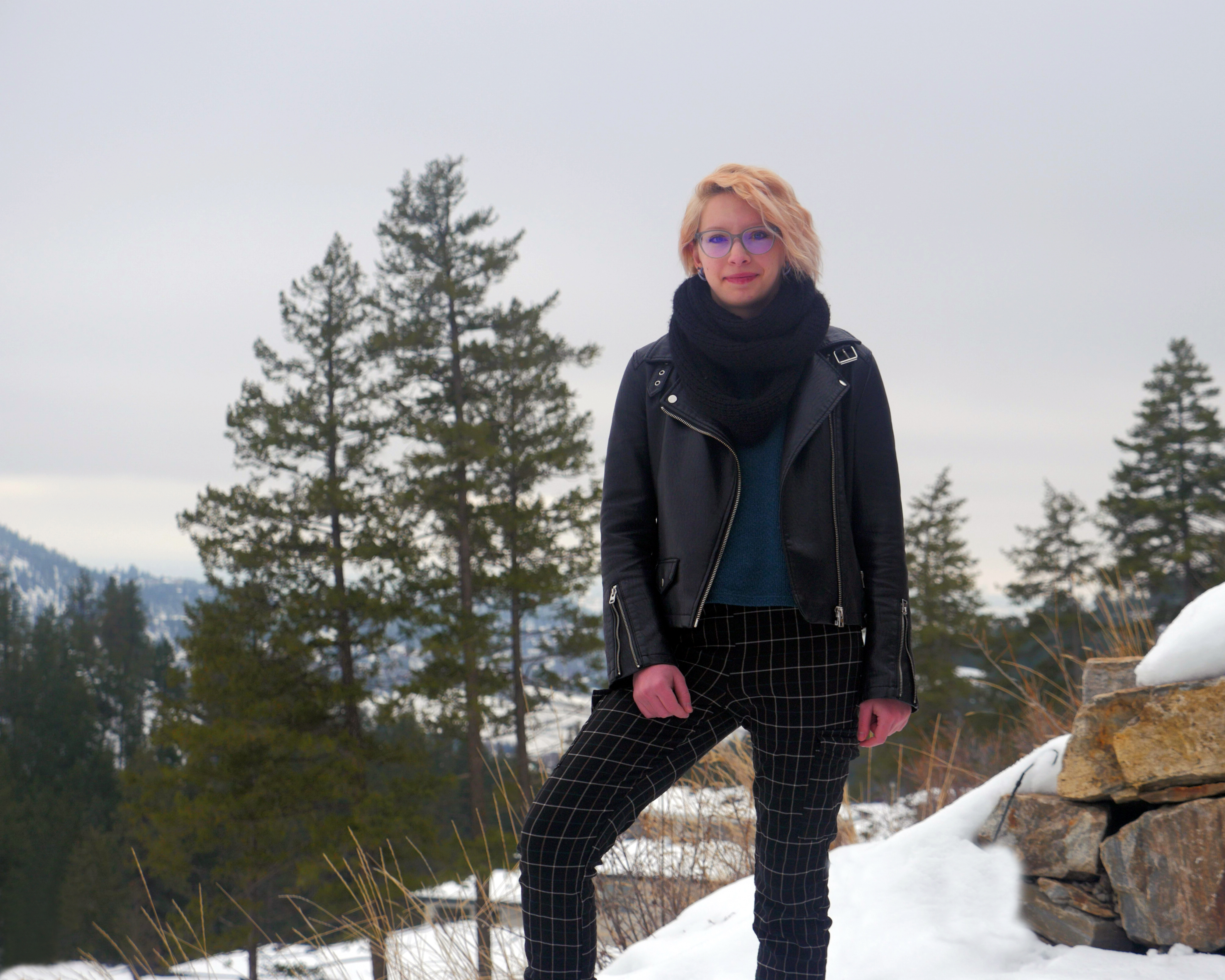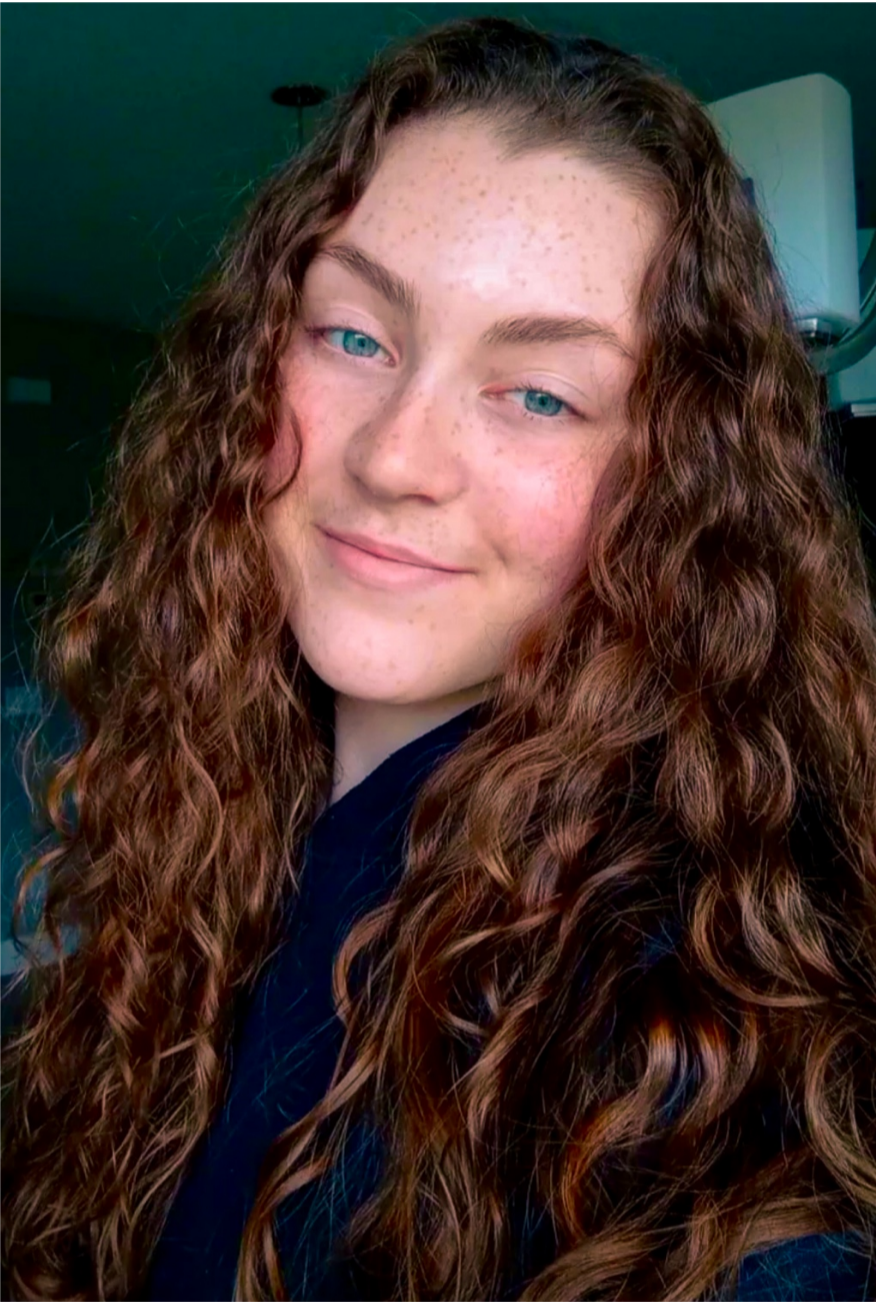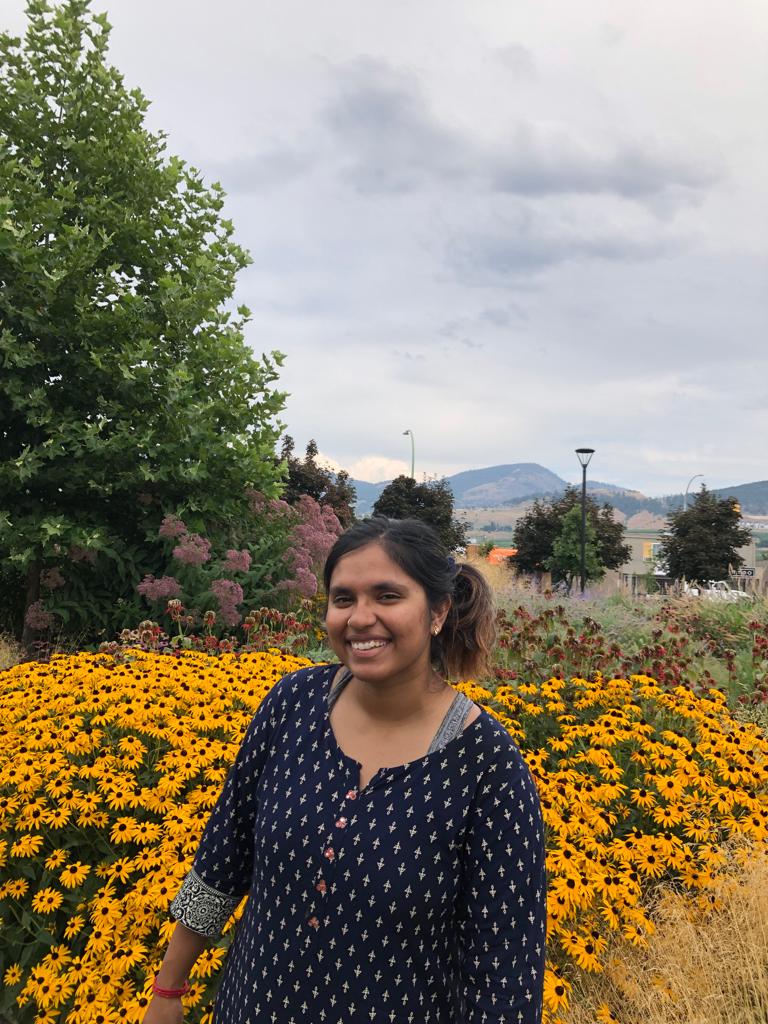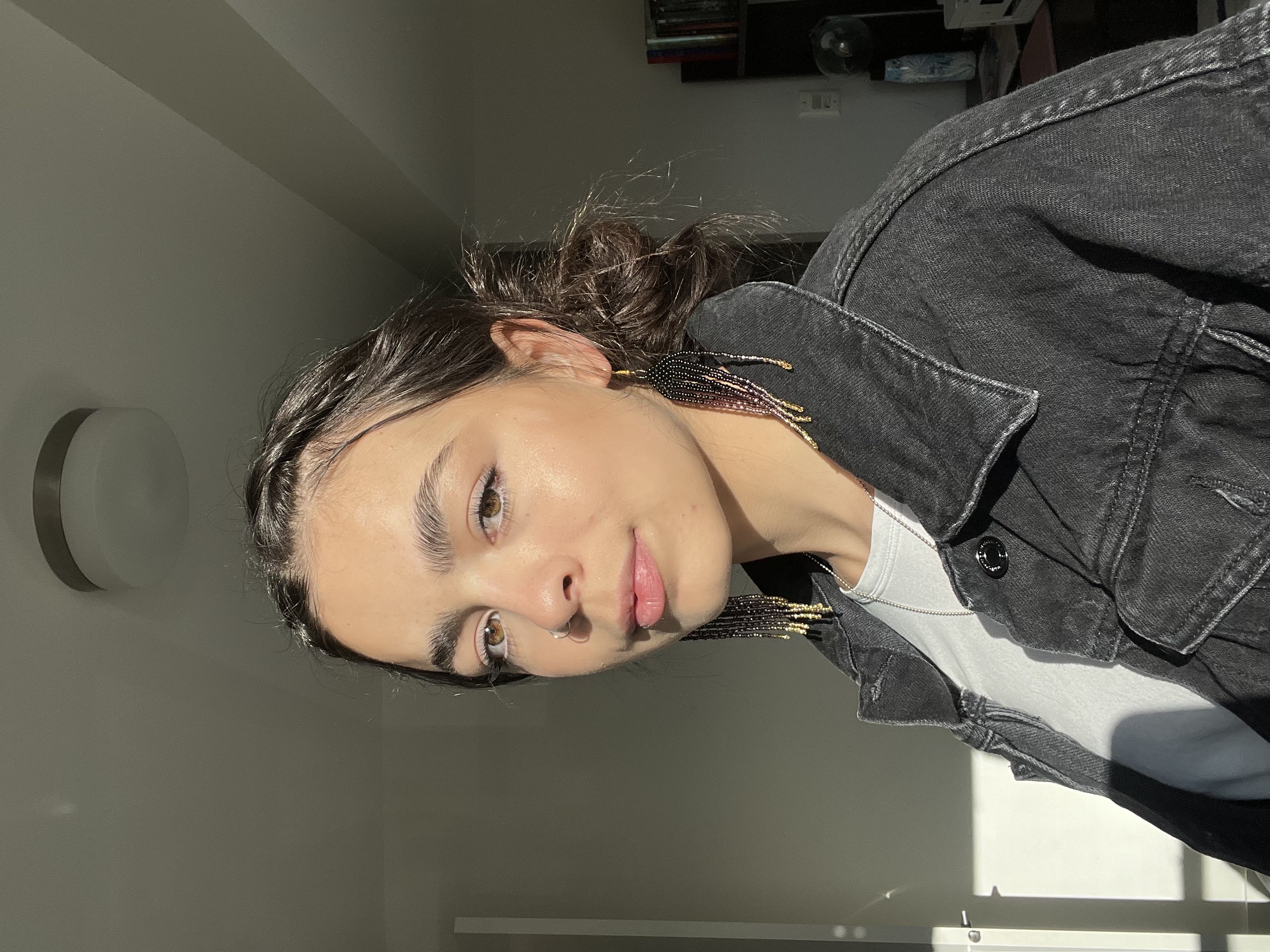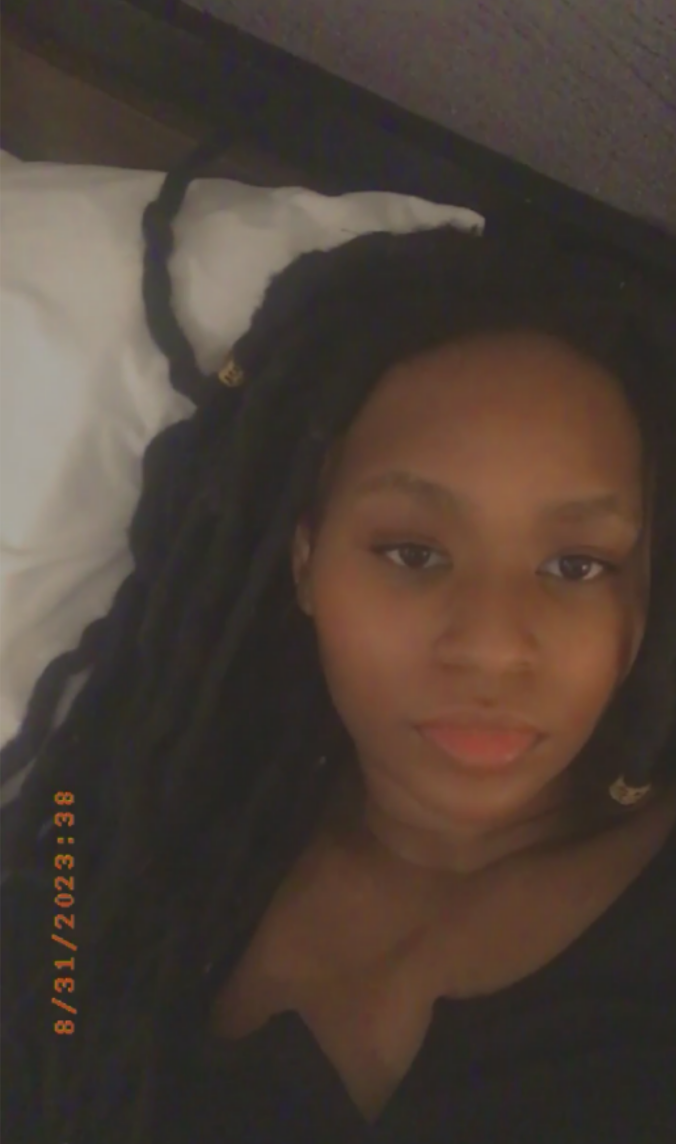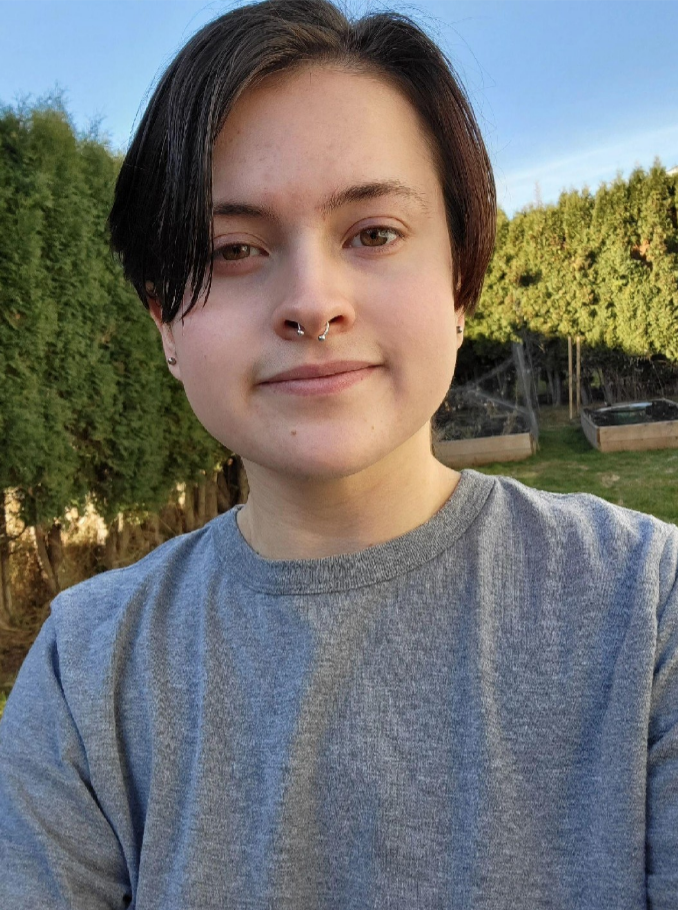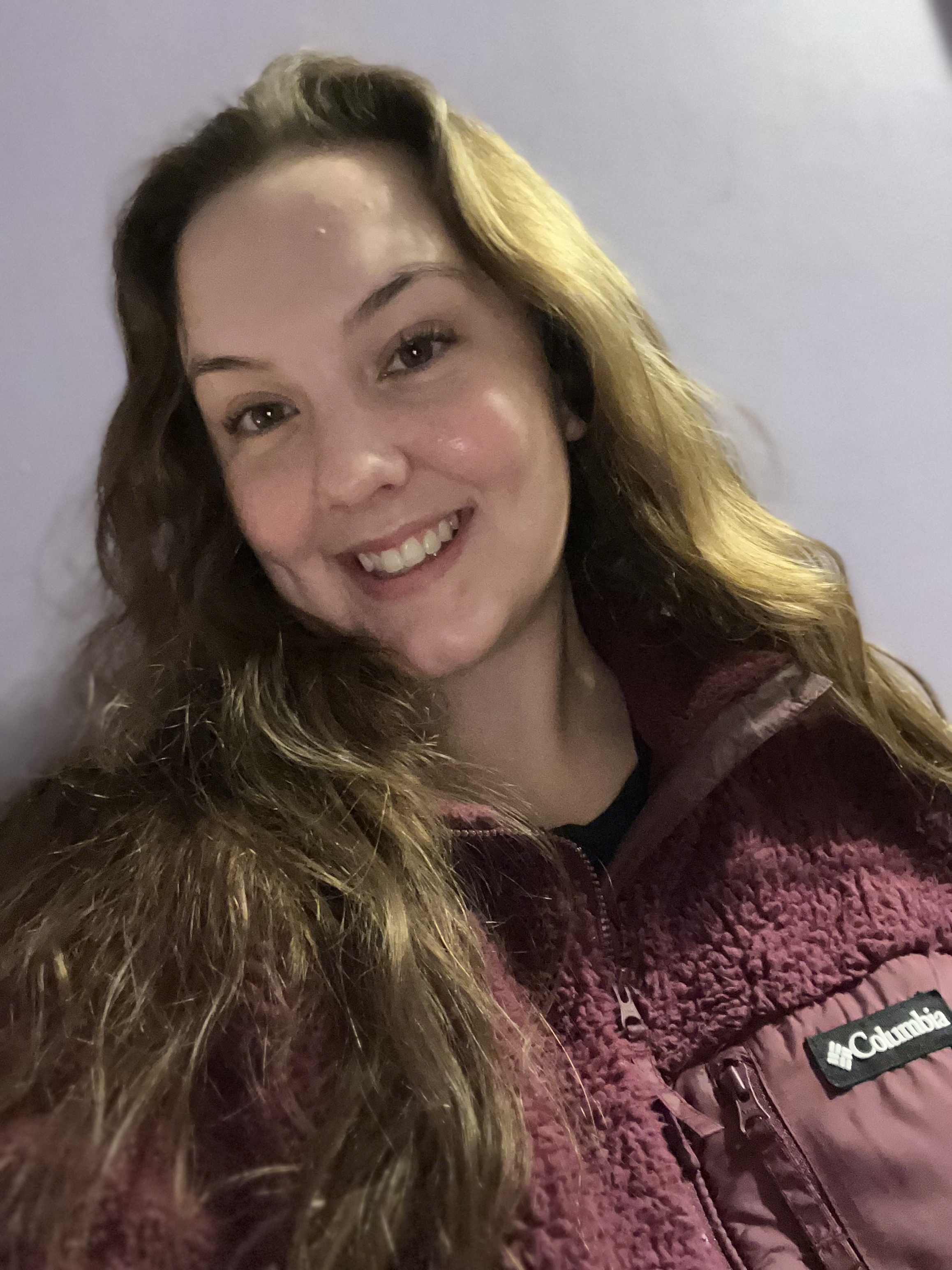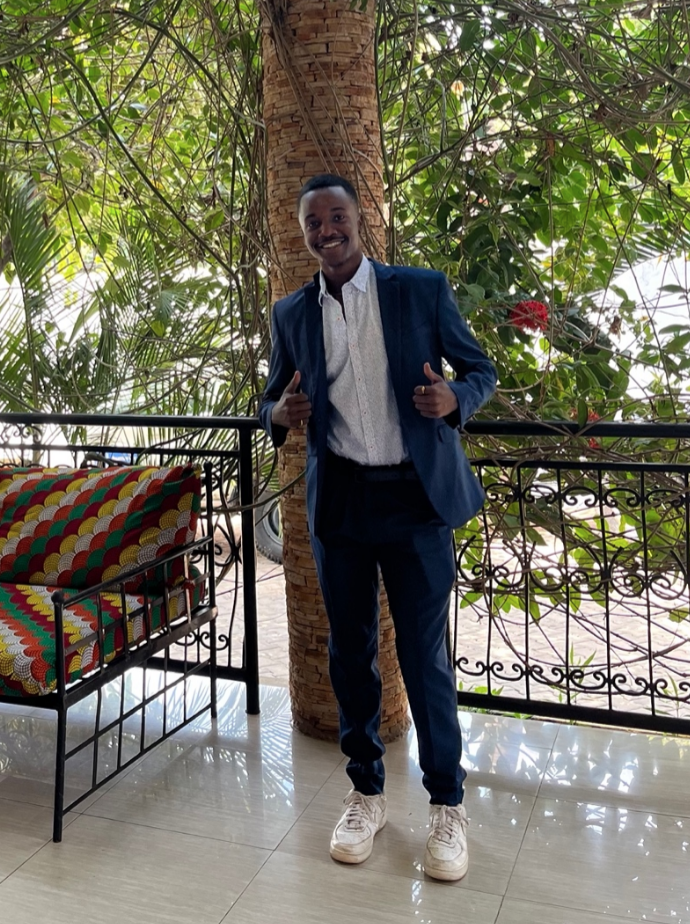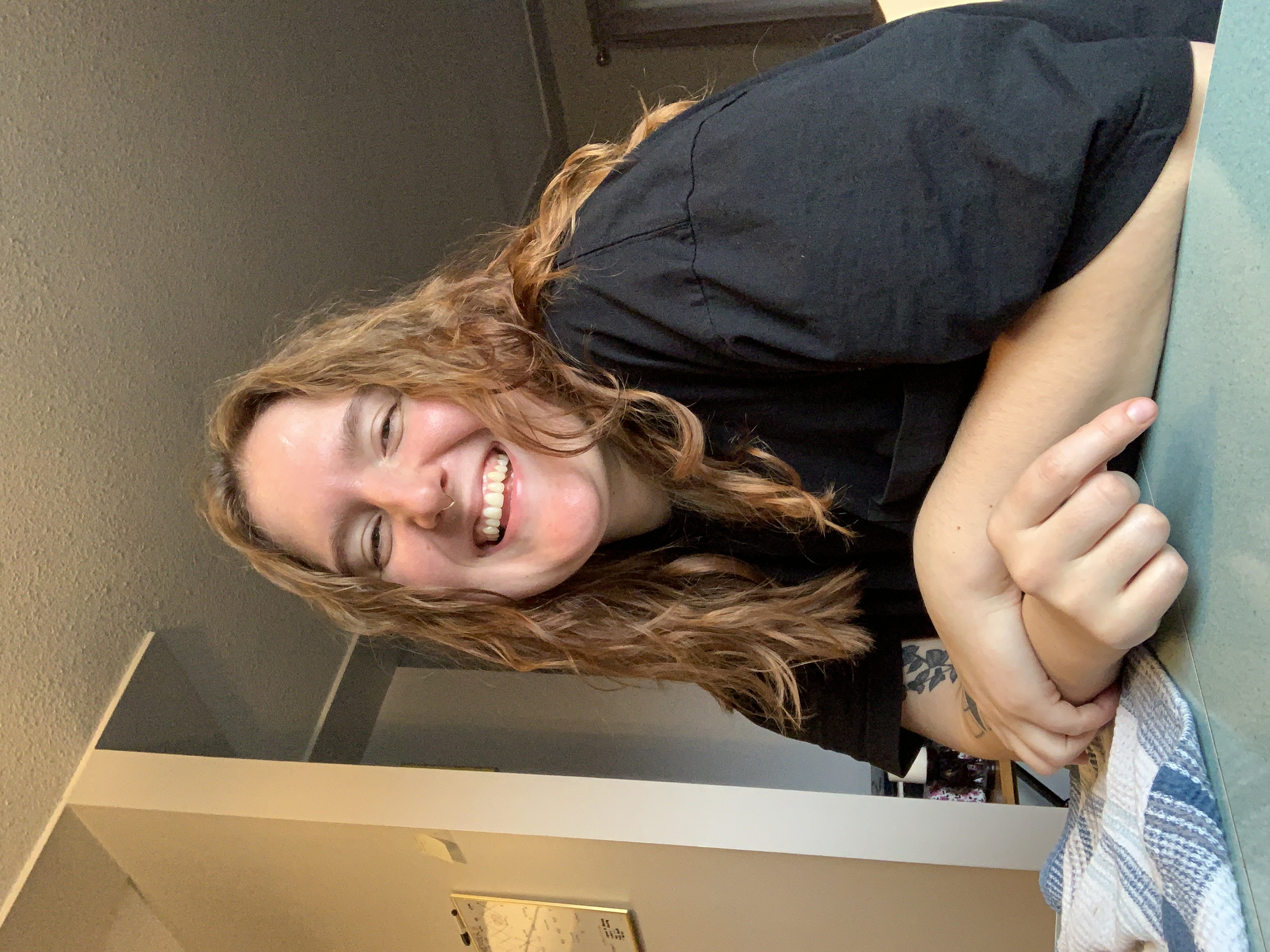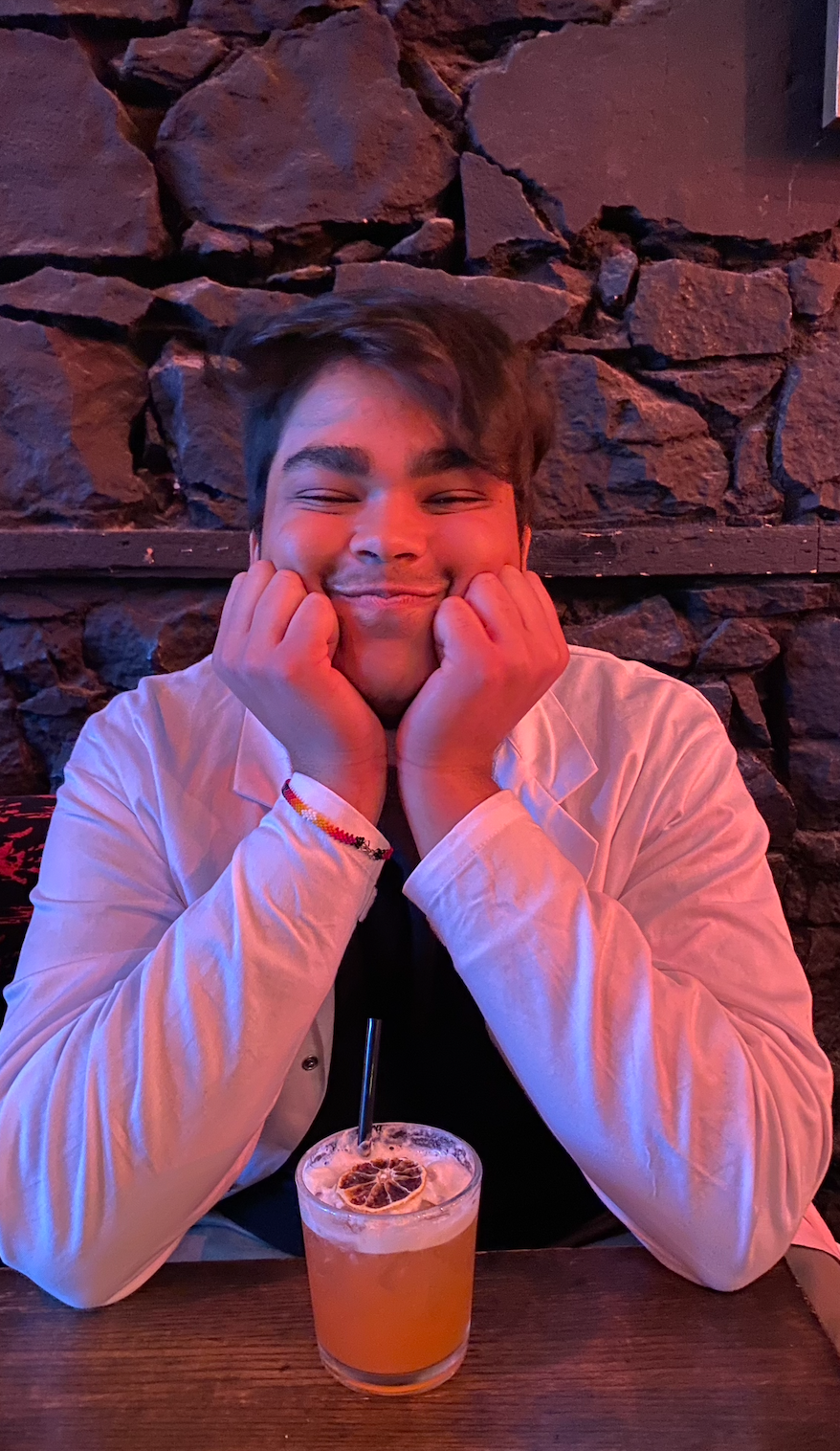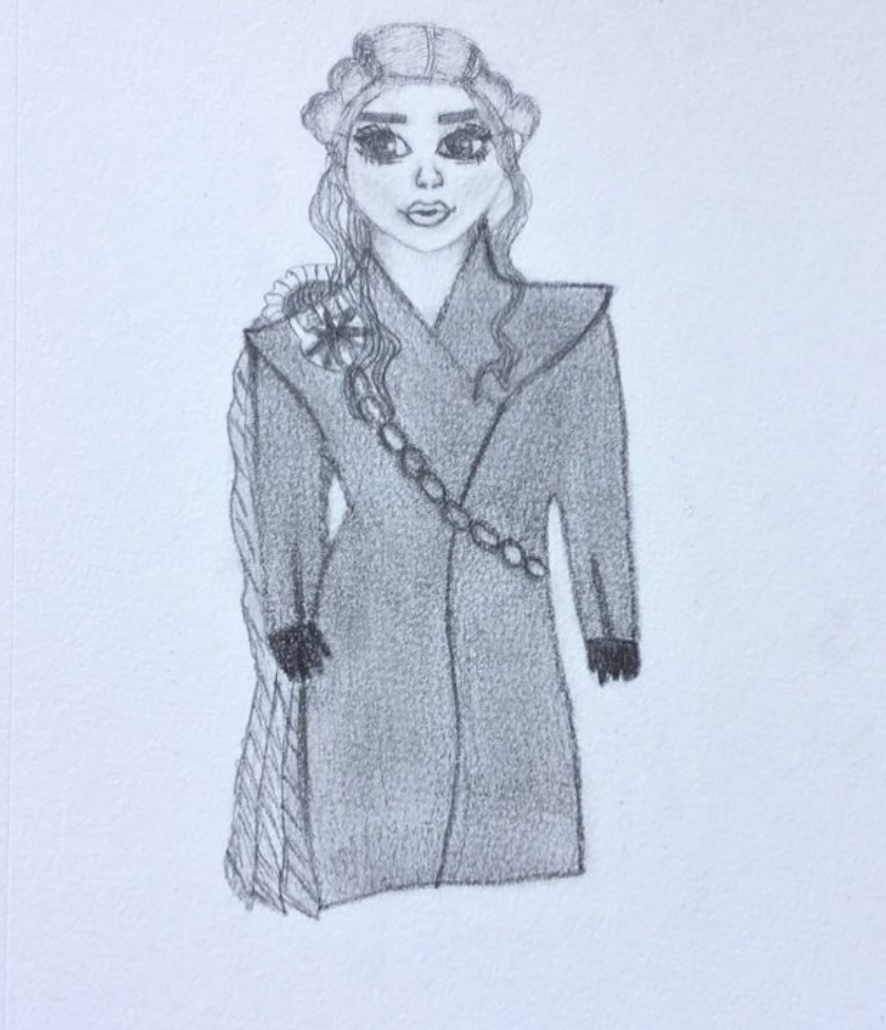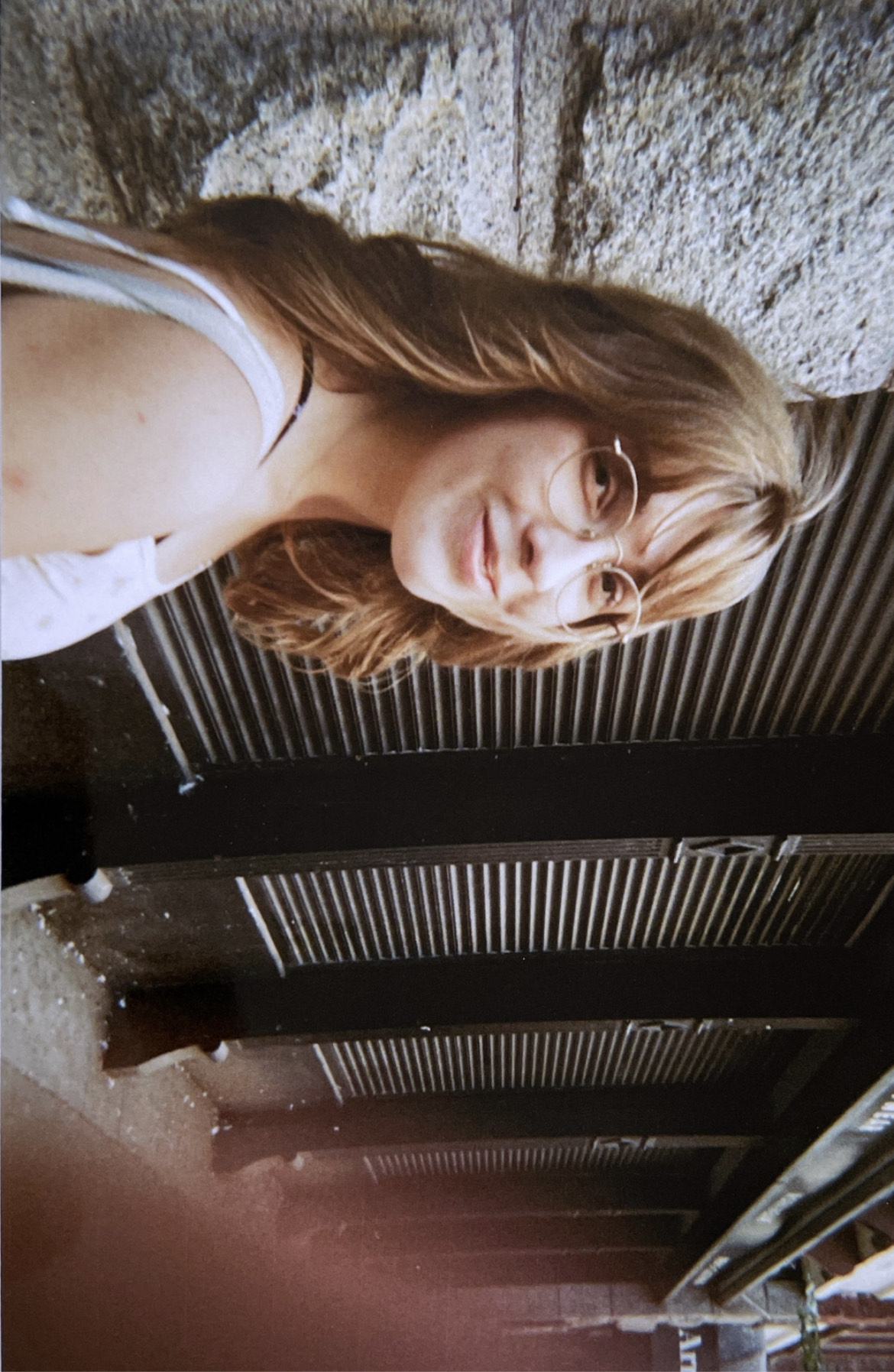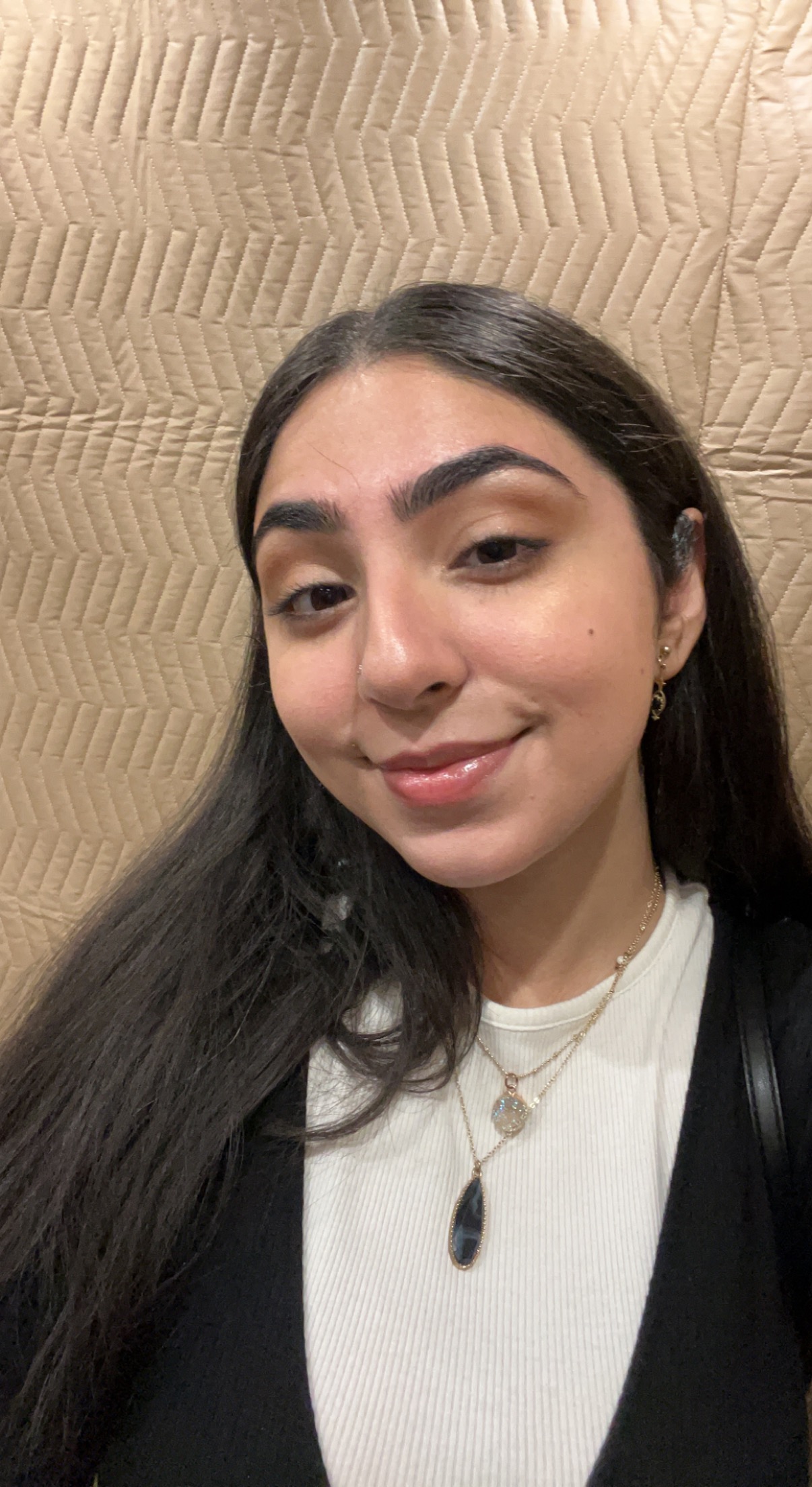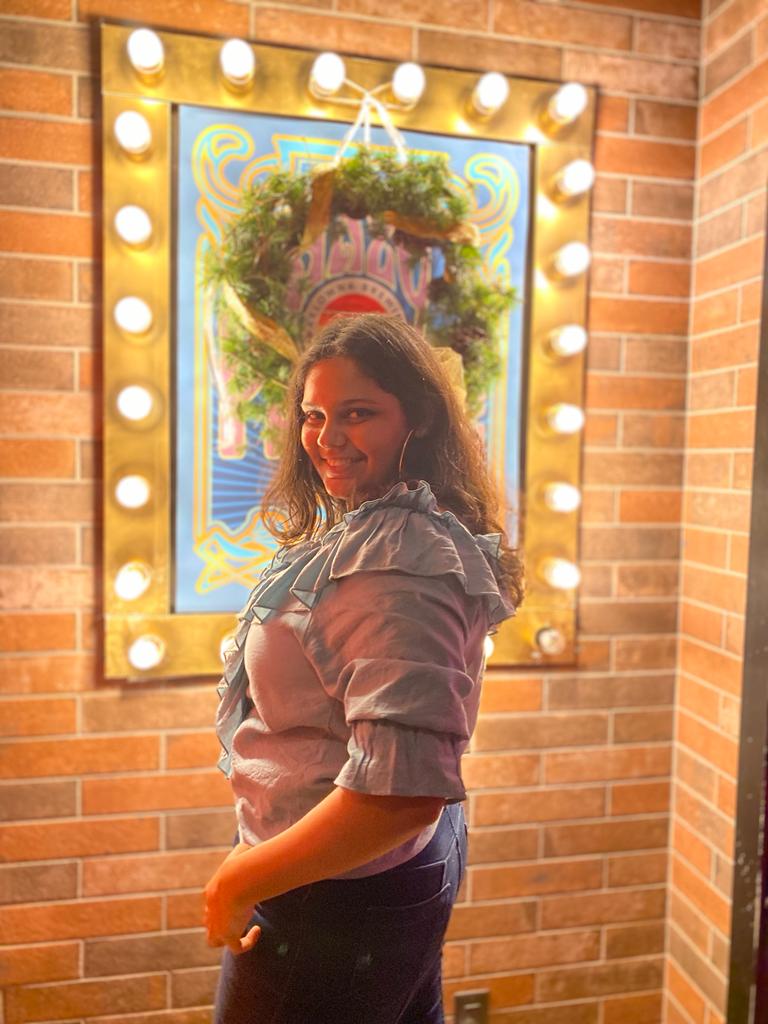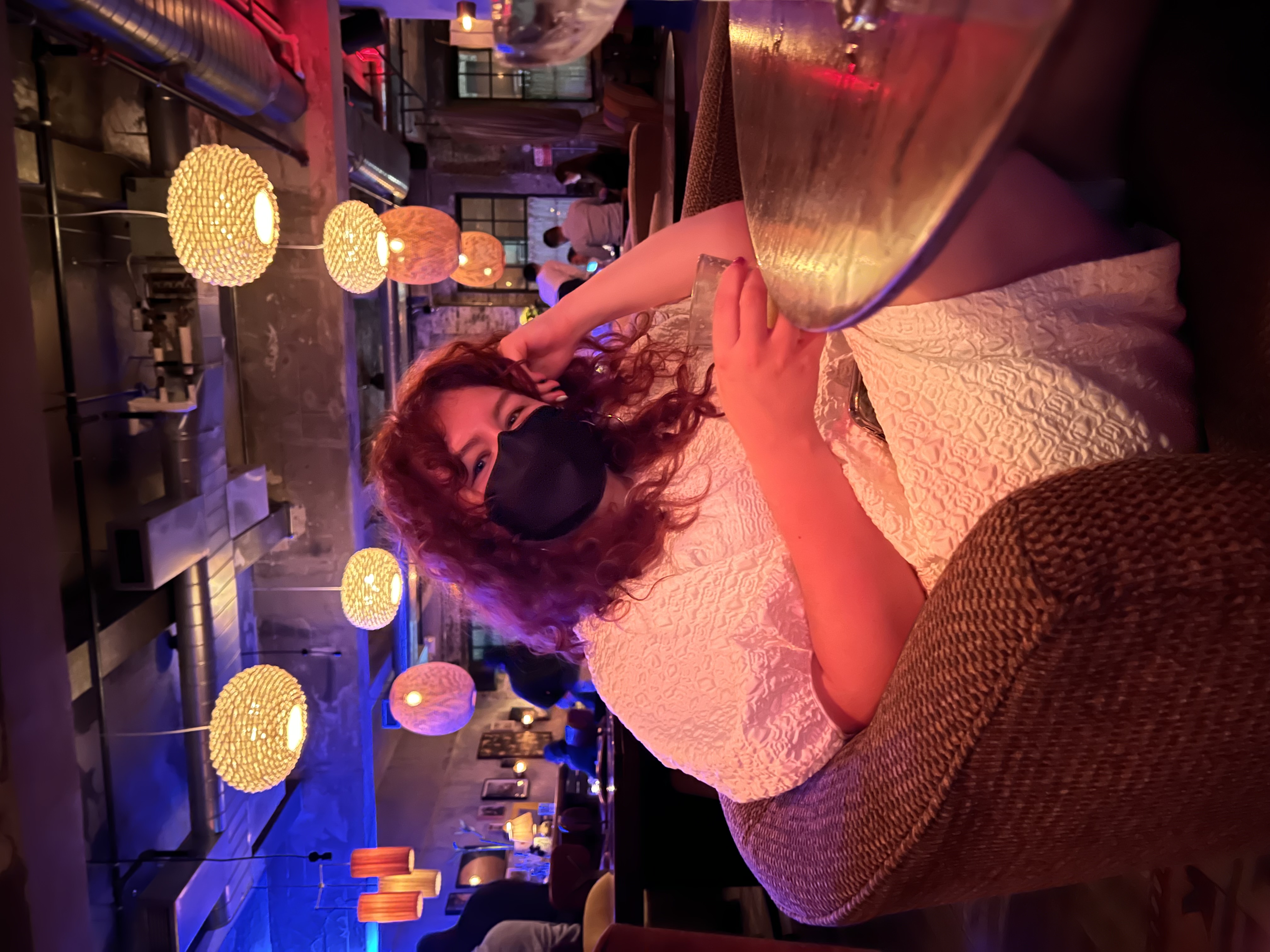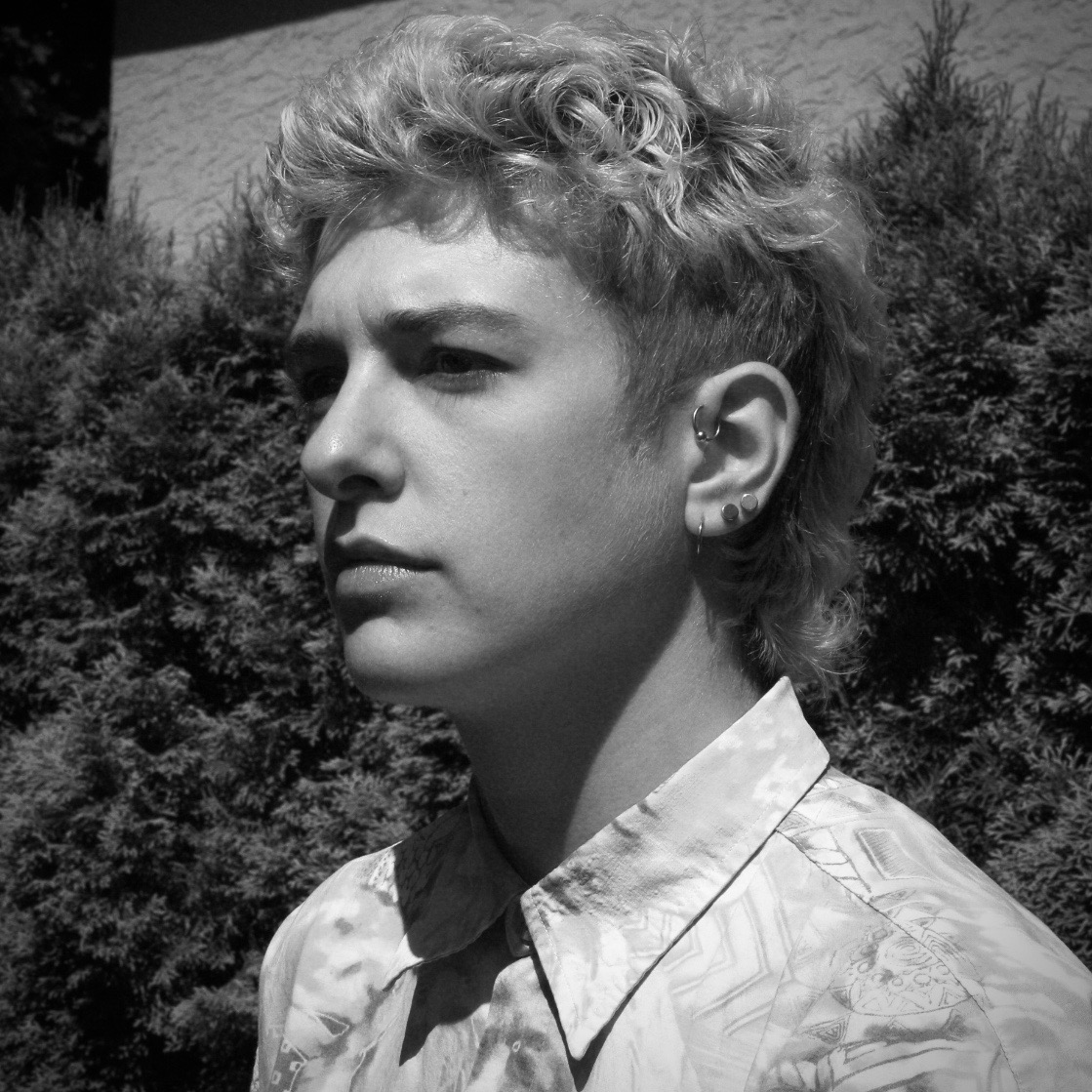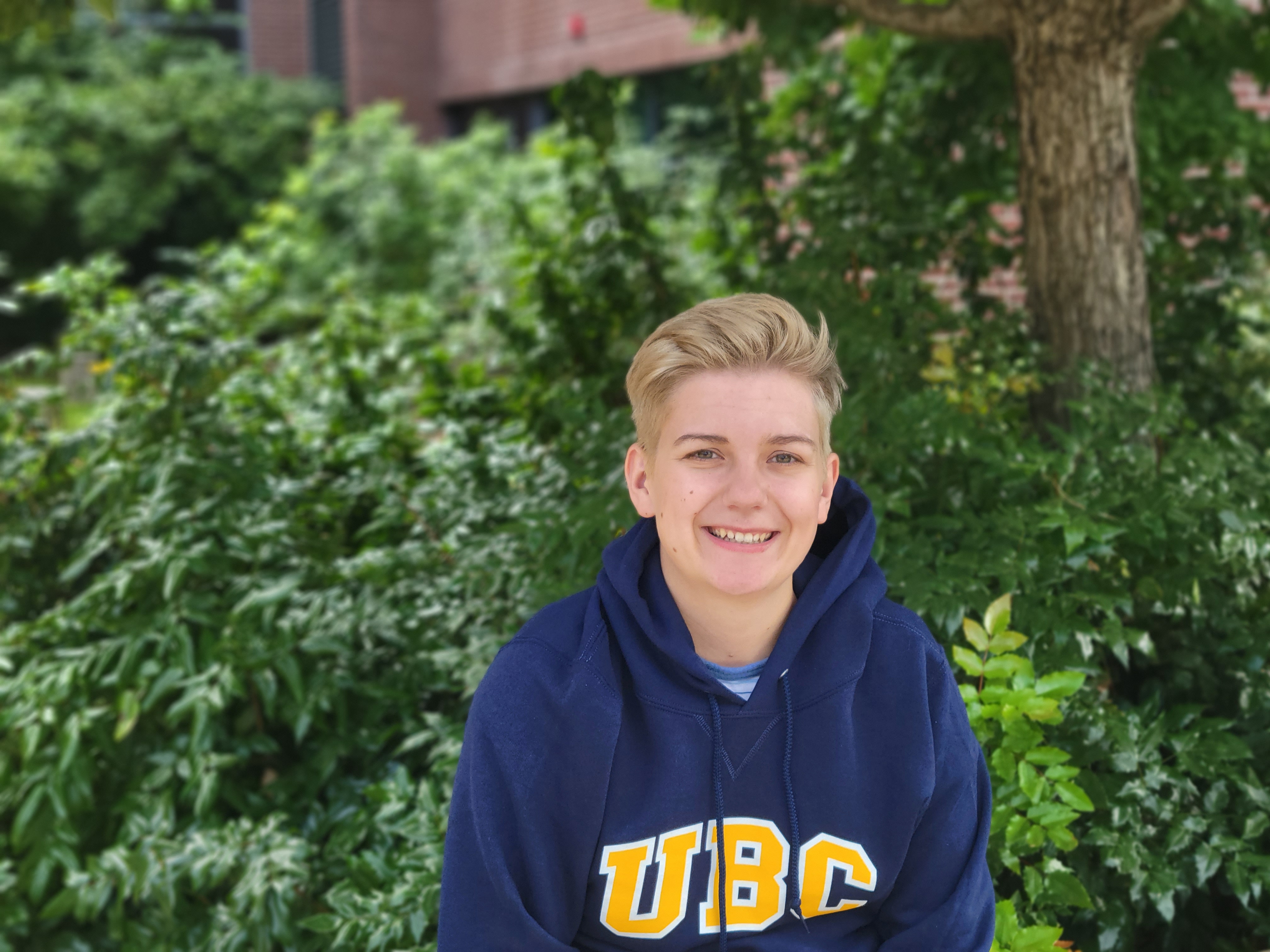Vol. 5 No. 1 (2023): Unlearning

Dear Reader,
Thank you for picking up this journal. We are very excited to have you here!
This issue has been curated from a place of healing. As we, the editorial team, reflected on the world-shifting events of the past few years, we found it necessary to consider what theme could spur action and hope. Grounded in these reflections and building on our previous issues, we selected UNLEARNING as our theme. In previous years, we have had to reckon with deep political unrest which has once again reflected the global capitalist and neoliberal structures of injustice and inequity and asked us to radically rethink our complacencies in these political systems. However, we have also seen communities come together, showcasing agency and activism to embark on the long and hard journey to social justice. Through protests in Iran, reproductive justice, continued Black Lives Matter action, climate change action, Indigenous Land Back resistance, and more, communities are making their voices heard to prompt all of us to unlearn and move towards a better, brighter, and more hopeful future.
When we say unlearning, we are asking you to reconsider what we think we know and question if it benefits all of us in the diverse global community. Unlearning encourages us to decentre dominant western and colonial modes of knowledge building and sharing. It requires sitting with discomfort and working through the ways we may benefit from the systems that harm others. While this process of unlearning is perhaps troubling and uncomfortable, it also creates communal spaces of joy. As you read through this edition of That’s What [We] Said, we ask you to take a moment to ponder on the unlearning you may need to take on to better support our communities.
We have received a record-breaking number of submissions this year. They included everything from poetry to prose to art. Our submitters have created these pieces to reflect on what they are in the process of unlearning or how they have encouraged those around them to unlearn. They problematize assumptions about whiteness, wellness, mental health, and more while offering personal narratives of their own journeys of unlearning.
We would like to thank all of our contributors, who come from different backgrounds and represent diverse identities, for allowing us to showcase their intimate experiences of unlearning with our readers. Your work allows us to continue this journal and present people with a space for joy, equity, activism, agency, and resistance.
We feel that this issue does an excellent job of imagining a hopeful future as we meditate on what we need to do to actively unlearn our preconceptions and prejudices. We hope you enjoy reading it as much as we did. Editing this journal has brought our team closer to one another as we supported each other in our unlearning journeys. We are so grateful for the support of the department to create this magnificent space for feminist undergraduate leadership.
Thank you,
That’s What [We] Said Editorial Team.
Land Acknowledgement
We want to acknowledge that UBC Okanagan is situated on the unceded, ancestral territory of the Syilx Okanagan Nation. As an editorial team of settlers/guests/visitors who are not from these lands, we deem it essential to learn what it means to be on these lands from the Syilx people and their captikʷł. If you are a settler, guest, or visitor to Syilx territory, we urge you to actively engage in learning directly from Syilx people. The Syilx people provide ample opportunity to learn from and alongside them, please take a look at the resources we have listed below that will direct you to engage in this learning.
As a feminist journal operating within an academic institution, we recognize our part in involuntarily reinforcing systems of power that are currently in place. We also acknowledge that much of feminist thought has been, and continues to be, rooted in colonial ethos. Every year, we aim to do our part in decolonizing these discourses by centering the works and voices of our BIPOC students, authors, and artists.
We are grateful to the Syilx Peoples for their stewardship, teachings, and decolonial efforts which make conversations and work around anti-racism and feminism possible.
The journal is an initiative of the Gender, Women, and Sexuality Studies Program in the Community, Culture, and Global Studies Department at University of British Columbia, Okanagan. We are grateful for the funding generously provided by the Irving K Barber Faculty of Arts and Social Sciences Endowment Fund.


